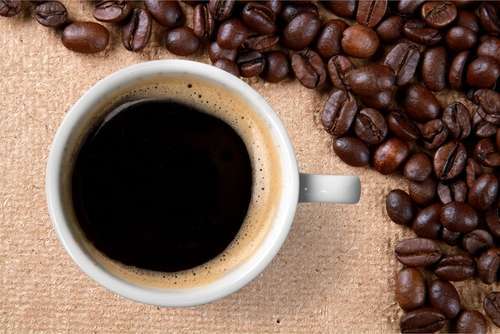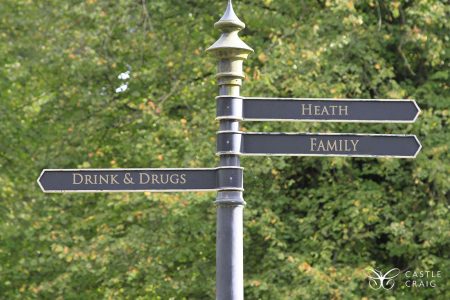Caffeine is perhaps the most socially acceptable drug. Nearly everyone drinks coffee, tea, or soda with some regularity. Unlike alcohol and tobacco, it’s fine to consume at work. It’s good, actually, because it makes you more productive, but not too productive. If you are recovering from addiction, or if you just drink a lot of tea or coffee, you may wonder if caffeine addiction is something to worry about.
Generally speaking, it’s not. It’s true that caffeine is a stimulant and you form a mild dependence. If you’ve ever tried to quit cold turkey, you probably experienced headache, fatigue, irritability, and trouble concentrating. These symptoms may last several days but they aren’t dangerous and they are mild compared to other drugs. People also don’t tend to fixate on their next cup of tea to the detriment of other parts of their lives. For the most part, caffeine keeps you awake and alert without serious downsides.
There are some caveats. Studies show, for example, that it’s best to limit yourself to the equivalent of about four cups of coffee. Too much caffeine can cause stomach ache, anxiety, headache, elevated heart rate, and insomnia. If you are in recovery, each of these may be a problem. For example, prolonged alcohol use can damage your heart and stomach and it’s better not to stress those organs too much in recovery. Ironically, AA meetings are infamous for coffee consumption, possibly a sign of addiction transfer.
You certainly don’t want to consume enough caffeine to interfere with your sleep. Insomnia is a common problem early in recovery. If you have a cup or two in the morning, the caffeine should be gone in plenty of time to sleep at night, but coffee or tea in the evening may be a problem. Lack of quality sleep leads to all sorts of problems, including frequent illness, depression, anxiety, impaired self-control, and lack of foresight. You’re better off doing whatever you can to ensure you get enough sleep, which includes keeping caffeine within reasonable limits.
Anxiety is another concern. If you are already feeling anxious, caffeine doesn’t help. It might be a good idea to cut down in order to keep normal stress within a tolerable level. Caffeine also raises noradrenaline, which can lead to blood sugar swings. It’s common for people recovering from alcohol addiction to have chronically low blood sugar, so caffeine might make that worse.
For the most part, caffeine is fine as long as you stick to coffee and tea–no pills–and don’t drink too much. If you feel tense or anxious, try cutting down and see how you feel.
Castle Craig is one of the most established and respected addiction rehab centres in the UK. Castle Craig treats alcoholism and drug addiction as an illness and promote abstinence as essential for long-lasting recovery. We help patients recover through an intensive, personalised programme that combines medical treatment, 12 Step therapy, CBT and other psychiatric therapies and complementary therapies. For information, call our 24 hour free confidential phone-line: 01721 546 263. From outside the UK please call: +44 808 271 7500 (normal charges apply).



